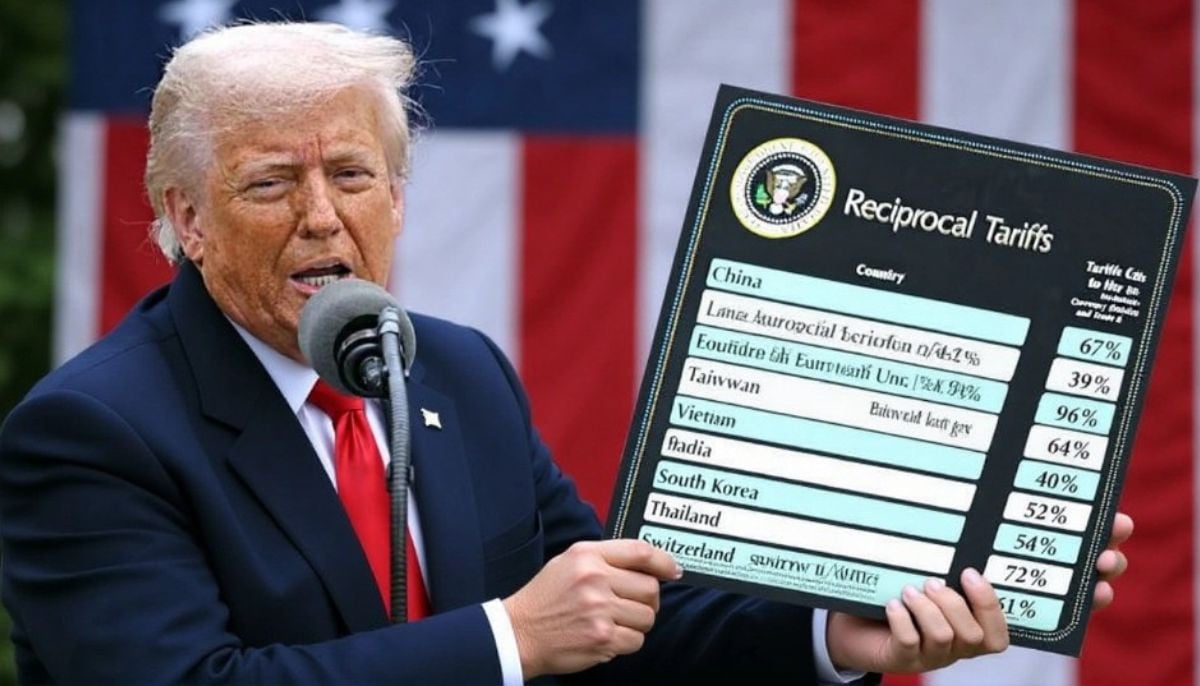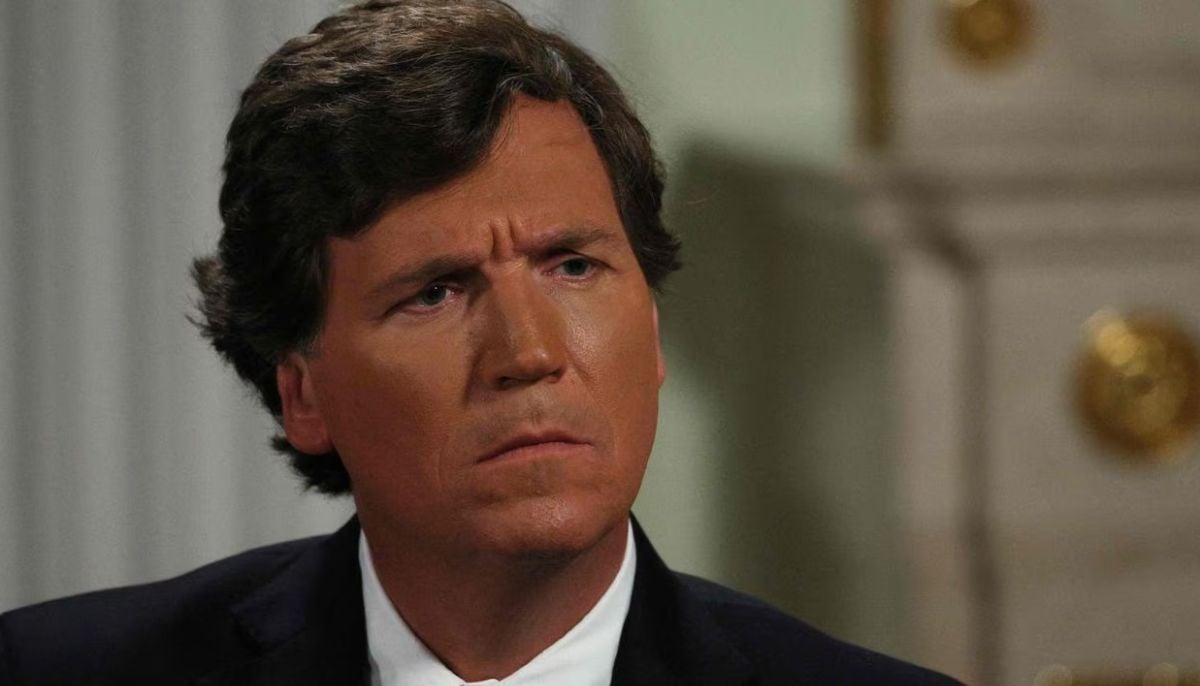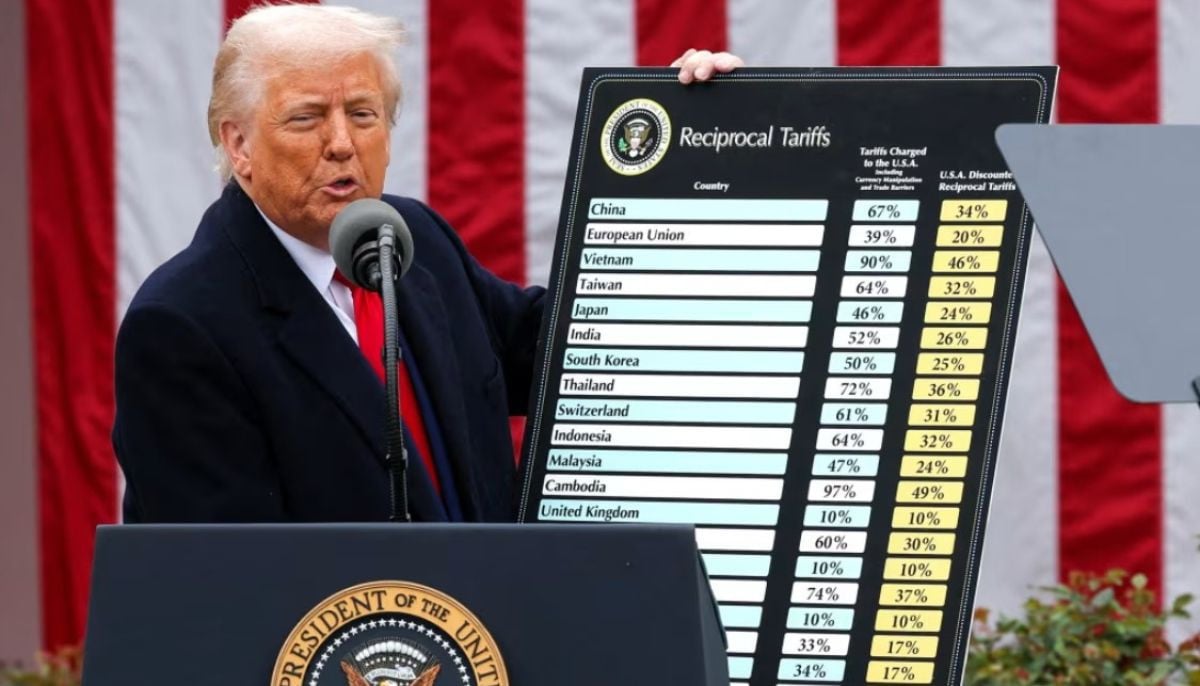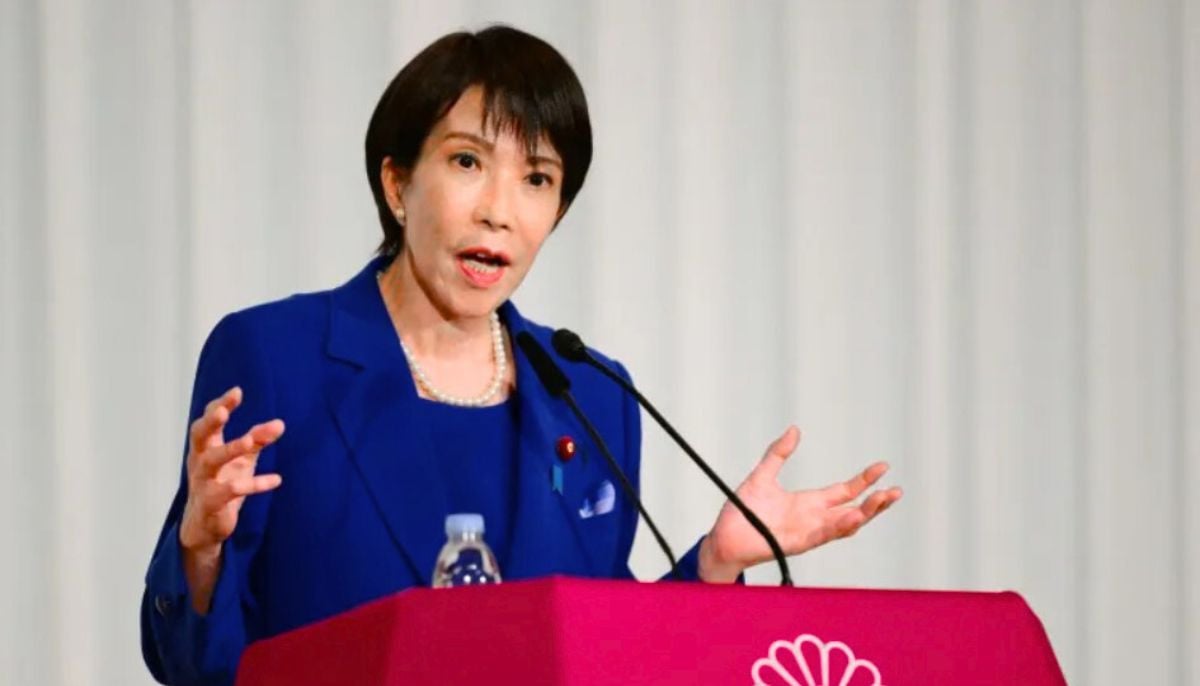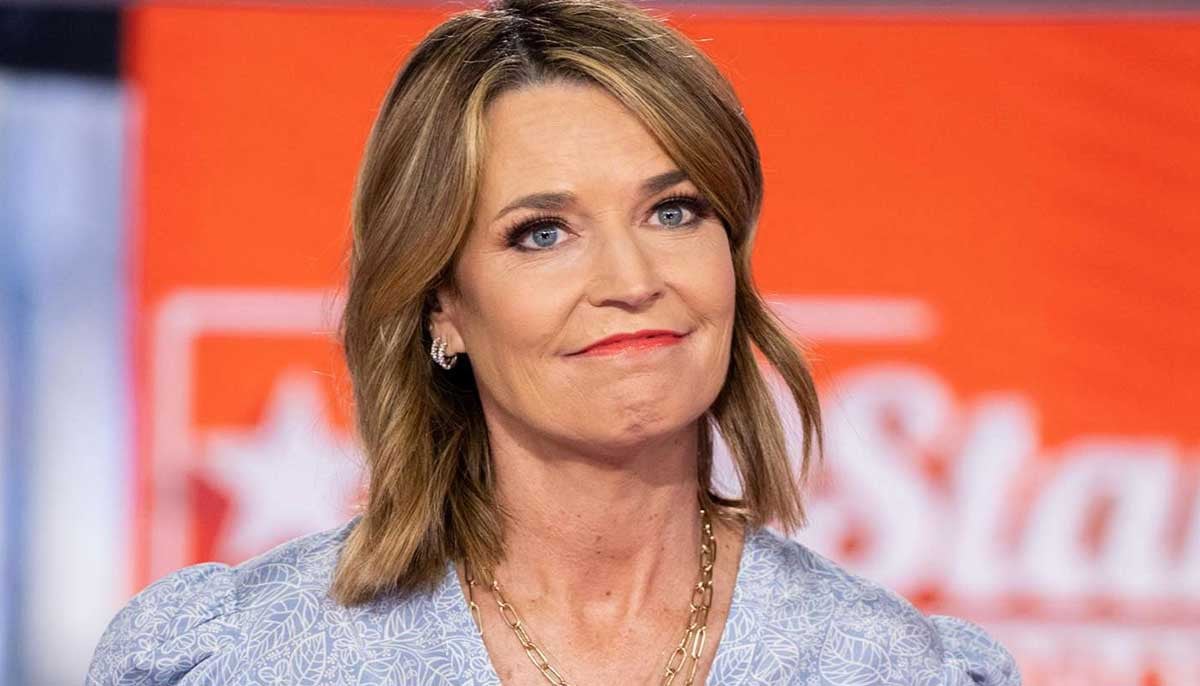Israel hails 'historic' sea border deal with Lebanon
Negotiations between countries, which are still technically at war, gained momentum with both eyeing revenue from Mediterranean gas fields
JERUSALEM: Israel said Tuesday it has reached a US-brokered agreement with Lebanon to settle their long-disputed maritime border, hailing a "historic achievement" that potentially unlocks significant offshore gas production for both countries.
Negotiations between the neighbouring countries, which are still technically at war, had suffered repeated setbacks since their launch in 2020 but gained momentum in recent weeks with both sides eyeing revenue from potentially rich Mediterranean gas fields.
US envoy Amos Hochstein floated a proposed final agreement earlier this month that was accepted by Israel, but Lebanon sought some adjustments.
Israel said last week it intended to reject the changes sought by Lebanon, even if that made a deal impossible, but negotiations continued, culminating in what both sides described as acceptable final terms.
"Israel and Lebanon have reached a historic agreement settling the maritime dispute," said a statement from Israel Prime Minister Yair Lapid's office, in which he hailed "a historic achievement that will strengthen Israel's security".
Lebanon's presidency said the proposed final text submitted by Hochstein was "satisfactory to Lebanon" and voiced hope that "the agreement on the demarcation will be announced as soon as possible".
Lebanon's chief negotiator, Elias Bou Saab, said that "today we have come to a solution that satisfies both parties."
A major source of friction at the talks was the Karish gas field, which Israel insisted fell entirely within its waters and was not a subject of negotiation.
Lebanon reportedly claimed part of the field and Hezbollah, the powerful Iran-backed militant group that holds huge sway in Lebanon, threatened attacks if Israel began production at Karish.
Israel has said production would begin at Karish as soon as possible, regardless of Lebanon's demands.
Israel election issue
On Sunday, London-listed firm Energean began testing the pipeline linking Karish to the Israeli coast, a key step before production can begin.
The US text has not been made public but under terms leaked to the press all of the Karish field would fall under Israeli control, while another potential gas field, Qana, would be divided but its exploitation would be under Lebanon's control.
French company Total woulde licensed to search for gas in the Qana field, and Israel would receive a share of future revenues.
Bou Saab said Lebanon will "get its full rights from the Qana field", and Israel might receive compensation through Total. There will be no direct partnership in gas exploration or exploitation between the two enemy states, he said.
The Israeli premier has said his government is committed to exporting more gas to Europe to help replace Russian deliveries hit by the war in Ukraine.
But Israel's November 1 general election has overshadowed the recent phases of the negotiations.
Right-wing opposition leader Benjamin Netanyahu, charged that Lapid had "capitulated" to Hezbollah by moving forward with an agreement.
It is not clear if Netanyahu, who remains determined to reclaim the premiership he held from 2009-2021, has seen the deal's proposed terms.
But he has vowed that the hawkish government he hopes to form next month with his far-right and religious allies will not be bound by any agreement with Lebanon.
-
US Supreme Court strikes down Trump’s global tariffs as 'unlawful'
-
Kelly Clarkson explains decision to quit 'The Kelly Clarkson Show'
-
Japan: PM Takaichi flags China ‘Coercion,’ pledges defence security overhaul
-
Angorie Rice spills the beans on major details from season 2 of ' The Last Thing He Told Me'
-
Teacher arrested after confessing to cocaine use during classes
-
Milo Ventimiglia recalls first meeting with Arielle Kebbel on the sets of 'Gilmore Girls' amid new project
-
Leading astrophysicist shot dead at southern California home
-
Will Savannah Guthrie ever return to 'Today' show? Here's what insiders predict


